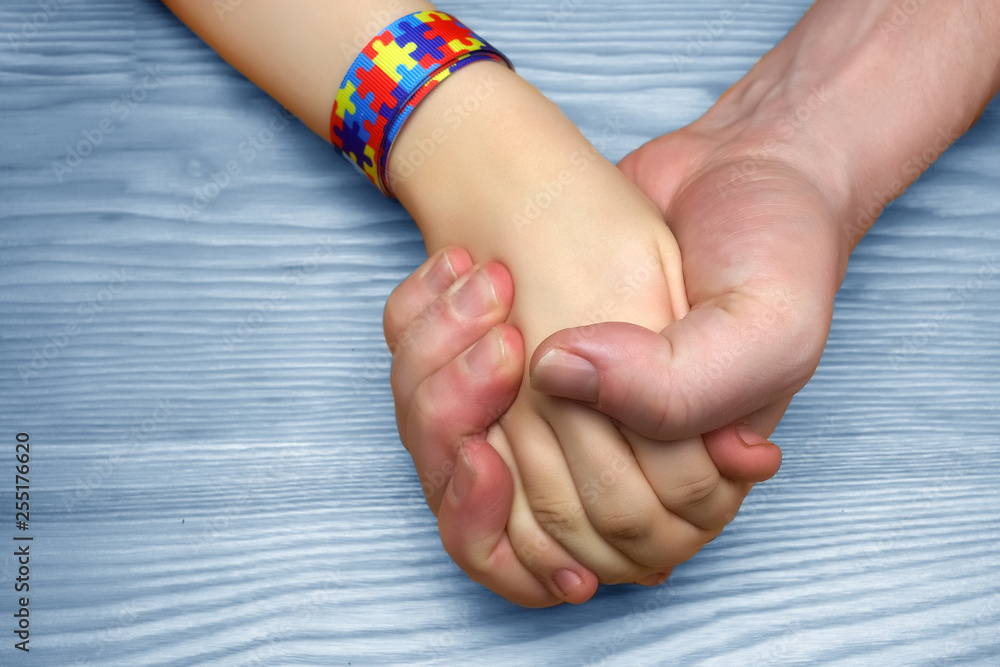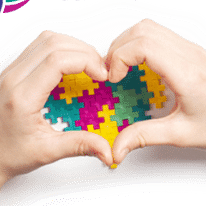- Contact Us
- (908) 874-0417
- Member Login
- Get Listed Now

Raising a child with Autism Spectrum Disorder is complicated and can bring unexpected challenges to parents. Many of us, when faced with something as life-altering as autism, want to get to the root cause and find out as much as we can. While it doesn’t solve the problem, being more knowledgeable can be empowering and puts you in a better position to support your child and understand their needs.
One of the most common questions parents ask is whether autism is a genetic disorder. While studies show that genetics play a role, other factors and interactions also play a part. Understanding the genetic basis aids in diagnosis, personalized treatment, and ongoing research for improved therapies.

Autism, known as Autism Spectrum Disorder (ASD), is a developmental condition that affects people in various ways. Children with autism often engage in repetitive behaviors, like tapping or repeating words. Additionally, sensory sensitivities may heighten awareness of certain sounds, textures, or lights, creating a unique sensory experience for individuals with autism. With an estimated 1 in 54 children in the United States diagnosed with ASD, understanding the root of this disorder is more crucial than ever.
We often hear about the rising prevalence of autism. But it’s not necessarily that more kids are developing autism. Rather, we now have a better understanding of the autism spectrum and improved tools for diagnosing it, which means more children with autism are being identified.
In the past, autism diagnoses were mainly given to low-functioning kids who couldn’t speak. But now we know that the spectrum is much broader, and many highly functioning kids have autism but may not show obvious signs. However, it’s important to remember that autism is still autism, and those kids on the higher end of the spectrum need just as much support, understanding, and accommodations as those on the lower end.
Think of it as a spectrum of colors, where each shade represents a different aspect of autism. Some shades reflect difficulties in social interactions and communication, making it challenging for children to connect with others. Other shades portray intense interests and passions that can lead to incredible talents and expertise.
A study was conducted on over two million Swedish children born between 1982 and 2006 to understand the impact of genetic and environmental factors on ASD. The research measured the risk of autism in a child with a family member with ASD compared to a child who doesn’t. Factors like age, gender, birth year, the mental health history of the parents, and the parents’ age were all considered.
The results showed that the chance of having ASD was higher if the child had a close family member, like a twin or a sibling, with ASD. Interestingly, identical twins, who share 100% of their DNA, were found to have a much higher risk than non-identical twins, siblings, or cousins.
It also found that about half of the autism risk could be linked to genetics. The rest of the risk seemed to come from unique environmental factors that don’t necessarily affect all siblings in a family.
Scientists have discovered 60 new genes linked to autism. By studying the DNA of people on the spectrum, they’ve uncovered valuable insights into the biology of autism. Researchers believe many genes are still waiting to be found, allowing us to paint a clearer picture of autism across the spectrum. While we eagerly await further breakthroughs, parents can make a big difference by seeking early intervention services, nurturing their child’s social and emotional development, and advocating for their needs.

Autism can run in families, and certain gene mutations can be passed on from parents to their children, increasing the child’s risk of developing autism. However, the inheritance pattern is not straightforward, and genetic and environmental factors play a role. Autism is not caused by a single gene but by a combination of many genes that affect brain development. Sometimes, mutations can occur naturally in a person’s genetic code and contribute to autism. While it was previously thought that mothers were more likely to pass on autism-related genes, recent studies suggest that autistic children may inherit vulnerability from their fathers as well.
Autism is a complex disorder that comes from a mix of genetic and environmental factors. We’ve made progress in understanding the genetic side of autism, but there’s still a lot more to uncover. Children with ASD can live happy and fulfilling lives when they receive the proper support and resources. Let’s keep learning, growing, and ensuring that everyone has the opportunity to thrive.
If you think your child might have ASD, talk to your pediatrician. There are early intervention services available, like Applied Behavioral Analysis (ABA) therapy, that can make a big difference in helping children with ASD succeed. ABA therapy is a proven method that promotes positive behaviors and reduces negative ones. Contact us at Circle Care to find out about starting ABA therapy. You can empower yourself and your child for better management of ASD. Sign up now to get more information, and remember that each step forward is a victory, no matter how small.
|
|
Added By: | |

|
Circle Care Services Family Activities Highland Park, NJ 08904 US |
| View Profile » Contact » | |
